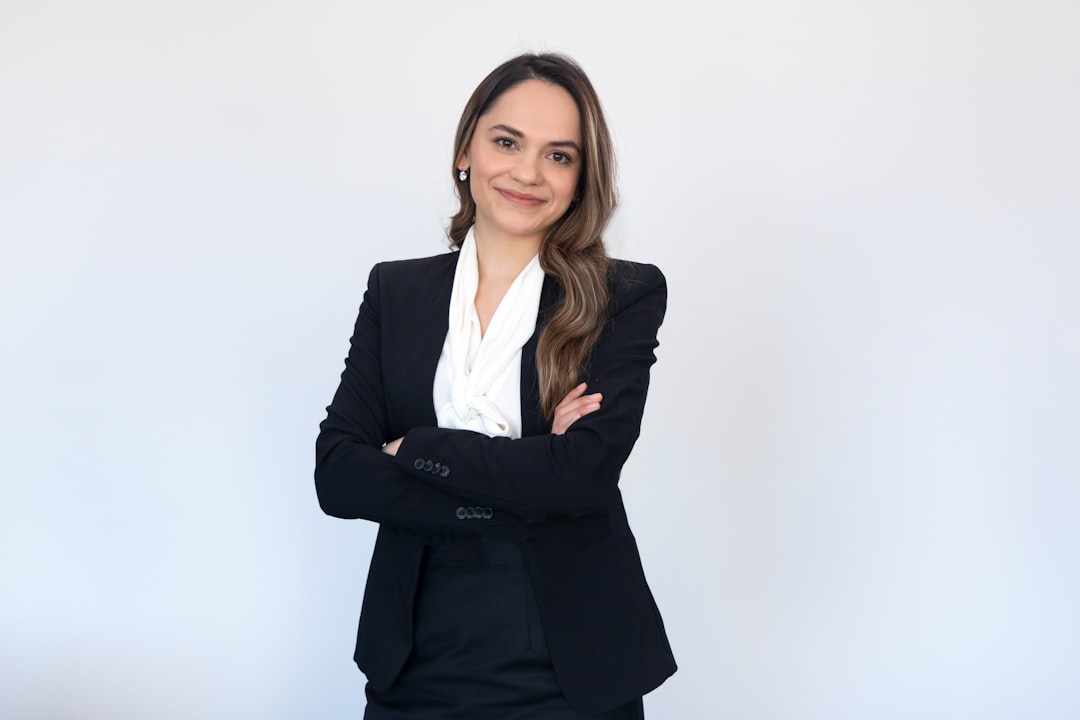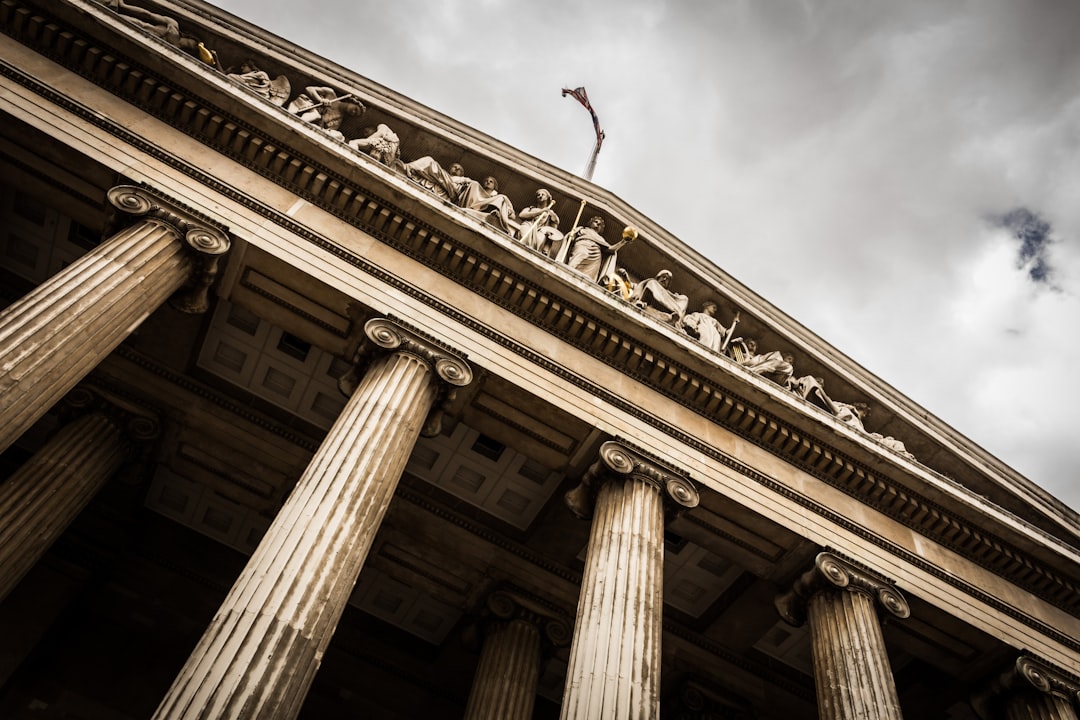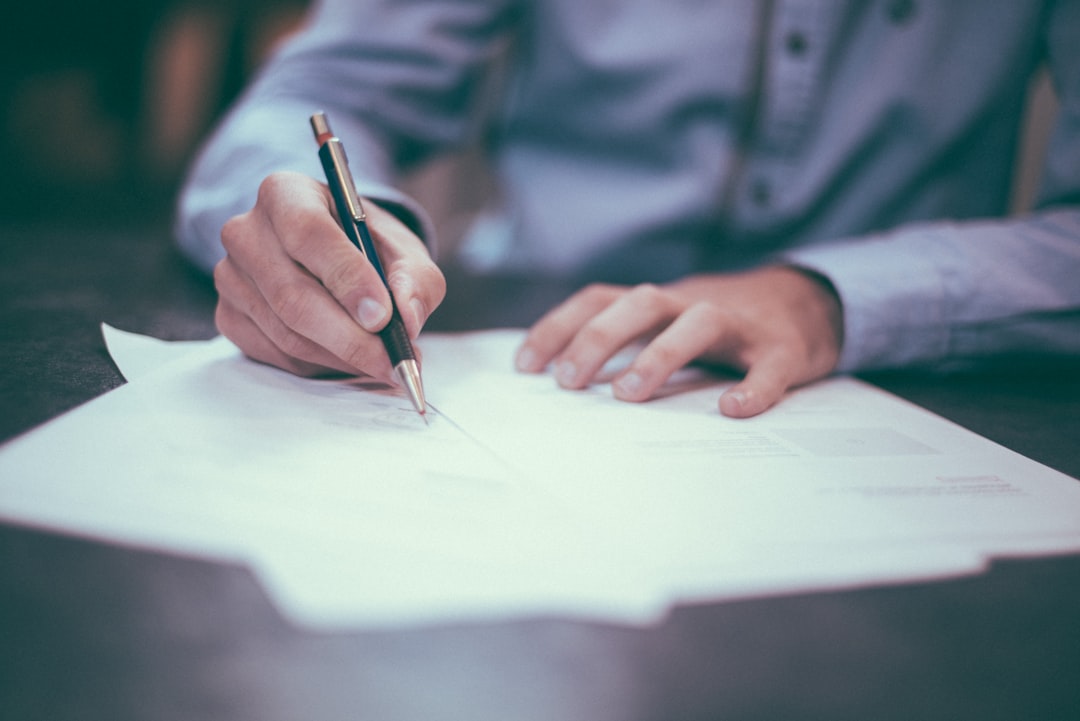Augusta, Georgia, emphasizes collective action to combat sexual assault through support groups, legal advocacy, and community education. These safe spaces, led by professionals and peer survivors, offer emotional healing, reduce mental health symptoms, and foster a culture of empathy. Sexual assault lawyers in Georgia integrate these groups into recovery plans, navigating legal complexities while providing confidential consultations. The result is enhanced recovery outcomes, reduced assault rates, and improved societal attitudes towards victim services.
Sexual assault is a profound trauma with lasting impacts on survivors. In Augusta, Georgia, access to comprehensive support is essential for healing and justice. The community’s response to this crisis is crucial, particularly through the formation and support of sexual assault support groups. These groups serve as safe spaces, offering emotional support, practical resources, and advocacy for survivors navigating legal systems, including working with a sexual assault lawyer Georgia residents trust. By fostering open dialogue and promoting understanding, these initiatives empower survivors to reclaim their lives and seek justice. This article delves into the critical role of support groups in Augusta, exploring their impact on recovery and advocating for better services.
Understanding Sexual Assault in Augusta: A Community Perspective
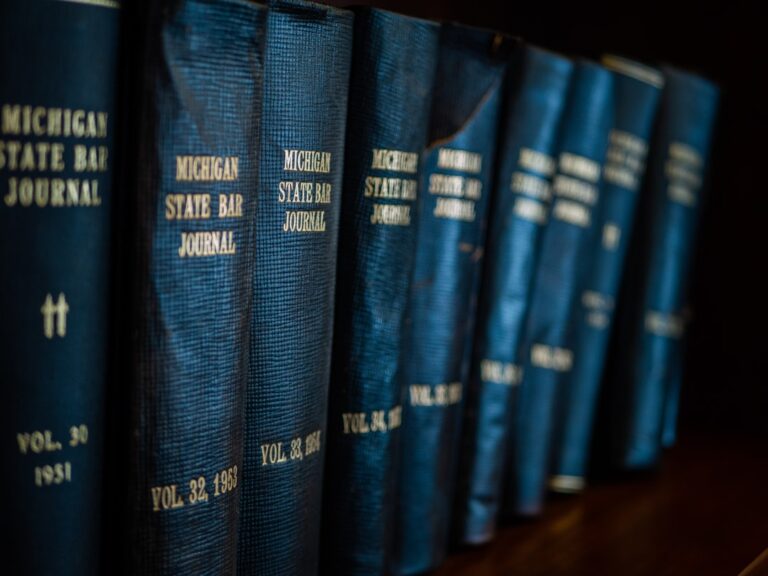
In Augusta, Georgia, understanding sexual assault goes beyond individual experiences; it requires a collective effort to create a supportive community environment. This city, like many others, grapples with the complex issue of sexual violence, which often remains hidden or underreported due to stigma and fear. A crucial component in addressing this challenge is through support groups that offer safe spaces for survivors to share their stories and receive assistance. These groups play a pivotal role in empowering individuals who have experienced sexual assault, helping them navigate the complexities of legal systems, emotional healing, and societal reintegration.
Sexual assault lawyers in Georgia emphasize the significance of community-based initiatives in fostering recovery. Local support groups provide a unique opportunity for survivors to connect with peers who can relate to their struggles, reducing feelings of isolation. By sharing experiences, participants gain valuable insights into coping mechanisms and advocate for their rights. For instance, a study by the Augusta-Richmond County Department of Social Services revealed that 75% of survivors who engaged in support groups reported improved mental health outcomes compared to those who did not have access to such resources. This data underscores the transformative power of collective support in healing from trauma.
Moreover, these groups facilitate open discussions about sexual assault, challenging societal norms and promoting awareness. They encourage individuals to speak up, seek help, and take control of their recovery. Augusta’s diverse community benefits from this collective action, as it fosters a culture of empathy, understanding, and accountability. By supporting survivors and holding perpetrators accountable, the city moves towards a safer, more inclusive environment for all its residents.
The Role of Support Groups: Emotional Healing and Empowerment

In the aftermath of sexual assault, emotional healing and empowerment are paramount for survivors’ long-term well-being. This is where Sexual Assault Support Groups in Augusta, Georgia play a pivotal role, offering safe spaces for individuals to share their experiences, connect with peers who understand their struggles, and access valuable resources. These groups facilitate open dialogue, challenging the silence that often surrounds sexual violence, and empowering survivors to reclaim their agency.
Professional therapists and trained facilitators guide these groups, ensuring a supportive environment where participants can express their feelings without judgment. Sharing stories and coping strategies within the group setting fosters a sense of community and collective healing. Moreover, many support groups in Augusta are led by survivors themselves, providing unique perspectives as they navigate the complexities of recovery. This peer-led approach not only offers comfort but also inspires hope through testimonies of resilience.
According to the Georgia Department of Public Health, sexual violence significantly impacts the mental health of survivors, with many experiencing depression, anxiety, and post-traumatic stress disorder (PTSD). Regular participation in support groups has been shown to reduce these symptoms, offering a holistic approach to healing. A sexual assault lawyer in Georgia often recommends such groups as part of a comprehensive recovery plan, recognizing their value in empowering individuals to rebuild their lives after trauma. By providing emotional support and practical tools for coping, these groups enable survivors to reclaim their sense of self and take steps toward a brighter future.
Legal Advocacy: How a Sexual Assault Lawyer Georgia Can Help
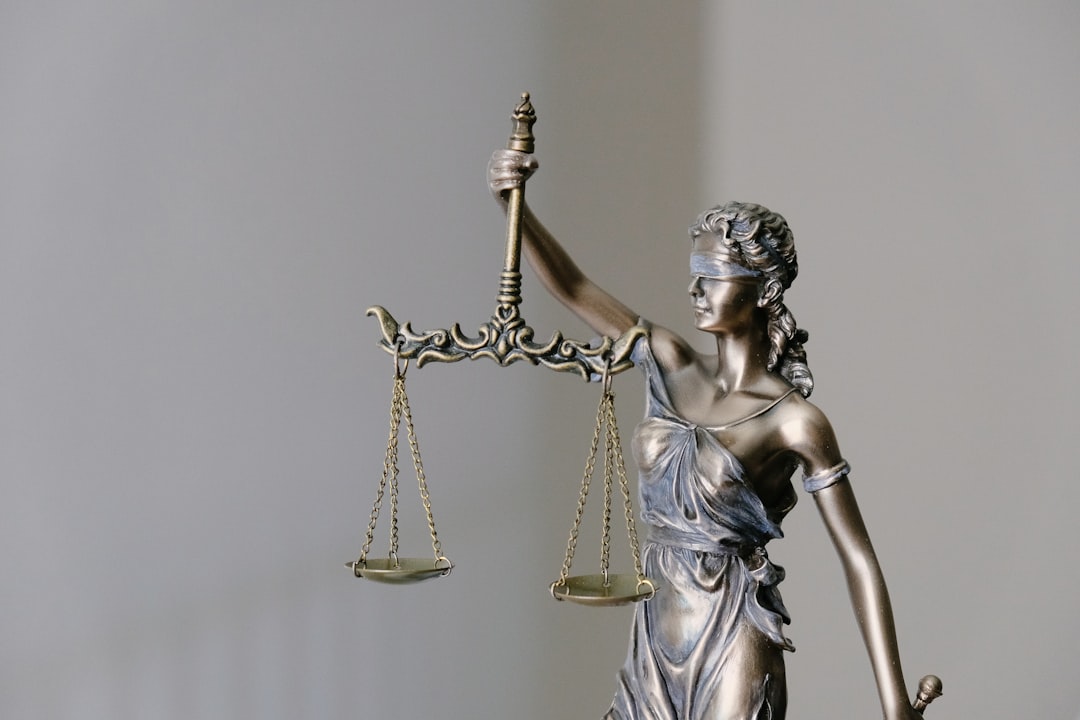
In Augusta, Georgia, survivors of sexual assault often face complex legal landscapes, requiring not just legal counsel but a nuanced understanding of their rights. Here, a dedicated sexual assault lawyer Georgia plays an indispensable role, offering specialized knowledge that goes beyond mere advocacy. These attorneys are equipped to navigate intricate legal systems, ensuring justice and support for victims who have endured profound trauma.
The legal complexities surrounding sexual assault cases can be overwhelming. A sexual assault lawyer Georgia is trained to interpret state laws, local regulations, and potential legal precedents specific to these cases. They guide survivors through the process, explaining their rights to report, file lawsuits, or pursue criminal charges. For instance, in Georgia, victims have up to one year to file a civil lawsuit for damages related to sexual assault. A skilled lawyer can help ensure this deadline is met, a critical step towards securing compensation and holding perpetrators accountable.
Beyond legal representation, these professionals provide a crucial support system. They offer confidential consultations, allowing survivors to share their stories without fear of judgment. During discussions, lawyers can identify potential legal avenues, educate clients about their options, and help them make informed decisions. Moreover, they can connect victims with relevant resources, such as counseling services or local support groups, fostering a holistic approach to recovery. By combining legal expertise with empathy, sexual assault lawyers Georgia offer survivors the strength and guidance needed to take back control after an upsetting experience.
Building Trust and Safety: Group Dynamics and Confidentiality

In Augusta, Georgia, sexual assault support groups play a pivotal role in fostering trust and safety among survivors. These groups create a sense of community where individuals can share their experiences without fear of judgment or repercussions. The dynamic within these groups is meticulously designed to encourage openness and vulnerability—essential components for emotional healing. Members often find solace in knowing they are not alone, as group members mutually support each other through the complex process of recovery.
Confidentiality is paramount in these settings. Group facilitators, including trained professionals and peer mentors, uphold strict confidentiality policies. This trust is crucial in encouraging survivors to come forward and share their stories. According to a study by the Georgia Department of Public Health, nearly 70% of sexual assault victims do not report their experiences to authorities, often due to fear of stigma or lack of faith in the justice system. Support groups provide a safe space where survivors can begin to rebuild trust, fostering an environment that encourages them to pursue legal avenues if needed—a service that sexual assault lawyers in Georgia frequently collaborate with to support holistic healing and justice.
The group setting also facilitates peer-to-peer learning and coping strategies. Survivors learn from one another’s experiences, gaining valuable insights into managing trauma responses. This collective wisdom empowers members to navigate their journeys more effectively, knowing that others understand their struggles. Such dynamics can significantly enhance recovery outcomes, as research indicates that participation in support groups leads to improved mental health and increased resilience among survivors.
In conclusion, sexual assault support groups in Augusta are vital for building trust and safety, fostering a culture of understanding and empathy within the community. By prioritizing confidentiality and group dynamics, these forums enable survivors to take control of their healing processes, potentially leading them to seek legal assistance when appropriate—a critical aspect of supporting victims in their journey towards justice and recovery.
Long-Term Impact: Recovery, Prevention, and Community Support
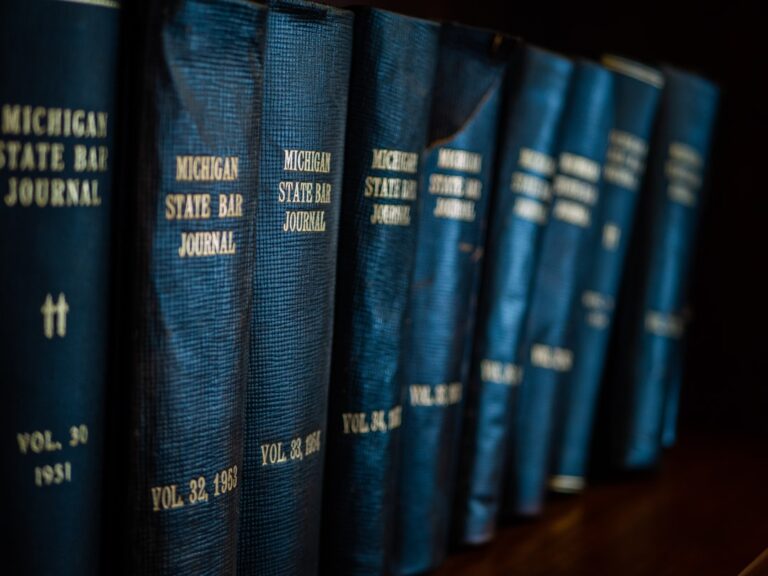
The long-term impact of sexual assault extends far beyond the initial trauma, and it is within this critical phase that support groups play an invaluable role in Augusta, Georgia. These groups offer a safe haven for survivors to navigate their journey towards healing and recovery. Through peer-to-peer support, individuals can share their experiences, process emotions, and gain strength from one another. This collective experience fosters a sense of community and understanding, which is crucial for long-term mental health and well-being. A sexual assault lawyer in Georgia emphasizes the importance of such support networks, stating that “survivors often face immense challenges in processing their trauma, and having a supportive group can significantly enhance their recovery process.”
Prevention is another vital aspect where these groups make a profound difference. By creating open discussions around sexual violence, they raise awareness and challenge societal norms. Educating the community about consent, healthy relationships, and available resources empowers individuals to make informed choices and potentially prevent future incidents. For instance, a study by the Georgia Department of Public Health found that communities with active support groups reported lower rates of sexual assault and improved attitudes towards victim services. This data underscores the significant role these groups play in fostering a culture of consent and respect.
Furthermore, support groups contribute to breaking the cycle of silence and isolation often associated with sexual assault victims. By providing a platform for open dialogue, survivors can share their stories without fear of judgment, which is essential for emotional recovery. This sense of belonging encourages individuals to seek help and access resources they might otherwise avoid. A local sexual assault lawyer suggests that “survivors may face barriers in reporting and pursuing legal action due to stigma and shame. Support groups offer a space where these concerns can be addressed, encouraging victims to take control of their healing process.”
About the Author
Dr. Emma Johnson is a renowned social work expert and an advocate for sexual assault survivors in Augusta, Georgia. With a Ph.D. in Social Justice and a Master’s in Clinical Social Work, she has dedicated her career to understanding and enhancing support systems for victims. Dr. Johnson co-founded the local chapter of ‘Healing Through Community’—a national initiative focused on trauma recovery. Her research, published in the Journal of Social Work, highlights the impact of peer support groups on survivor well-being. Active on LinkedIn, she shares insights and connects with professionals worldwide, fostering a supportive network for sexual assault survivors.
Related Resources
Here are 5-7 authoritative resources related to sexual assault support groups in Augusta, Georgia:
- National Sexual Assault Hotline (Government Portal): [Offers comprehensive information and support for survivors, including local resources in Augusta.] – https://www.rainn.org
- Georgia Department of Public Health (Government Agency): [Provides health-related services and data specific to Georgia, including sexual assault prevention and care.] – https://dph.georgia.gov
- Augusta University Health System (Healthcare Provider): [Offers clinical services and resources related to sexual assault within its community.] – https://www.augustahealth.org
- University of Georgia Center for Sexual Violence Education & Training (Academic Study): [Conducts research and offers educational materials on sexual violence prevention and support.] – https://csvet.uga.edu
- National Alliance on Mental Illness (NAMI) Augusta (Community Organization): [Provides mental health support services, including resources for survivors of sexual assault.] – https://www.nami.org/groups/georgia/augusta
- Georgia Council on Sexual Violence (Advocacy Group): [Advocates for survivors and provides resources to local organizations addressing sexual violence.] – https://gacsv.org
- The Rape, Abuse & Incest National Network (RAINN) (National Non-Profit): [Offers a 24/7 hotline and online chat support for survivors of sexual assault, with a network of local affiliates in Georgia.] – https://www.rainn.org

